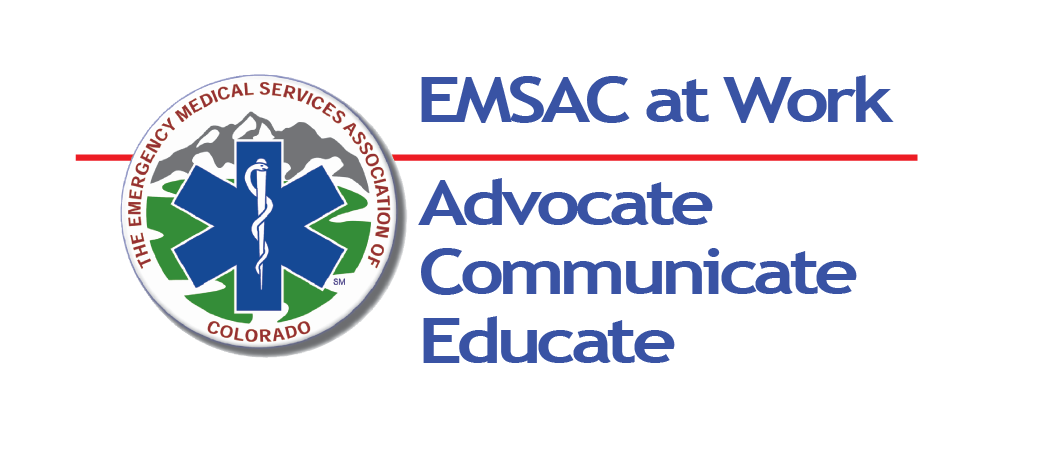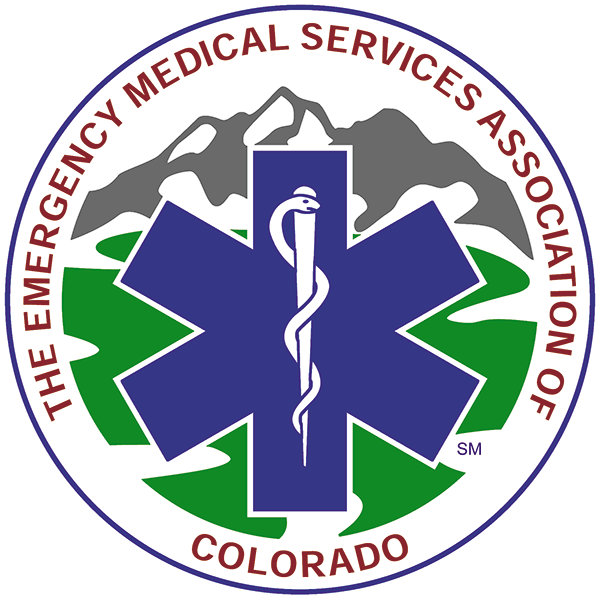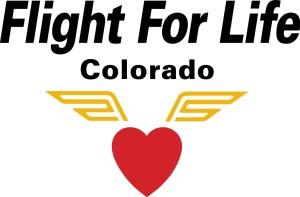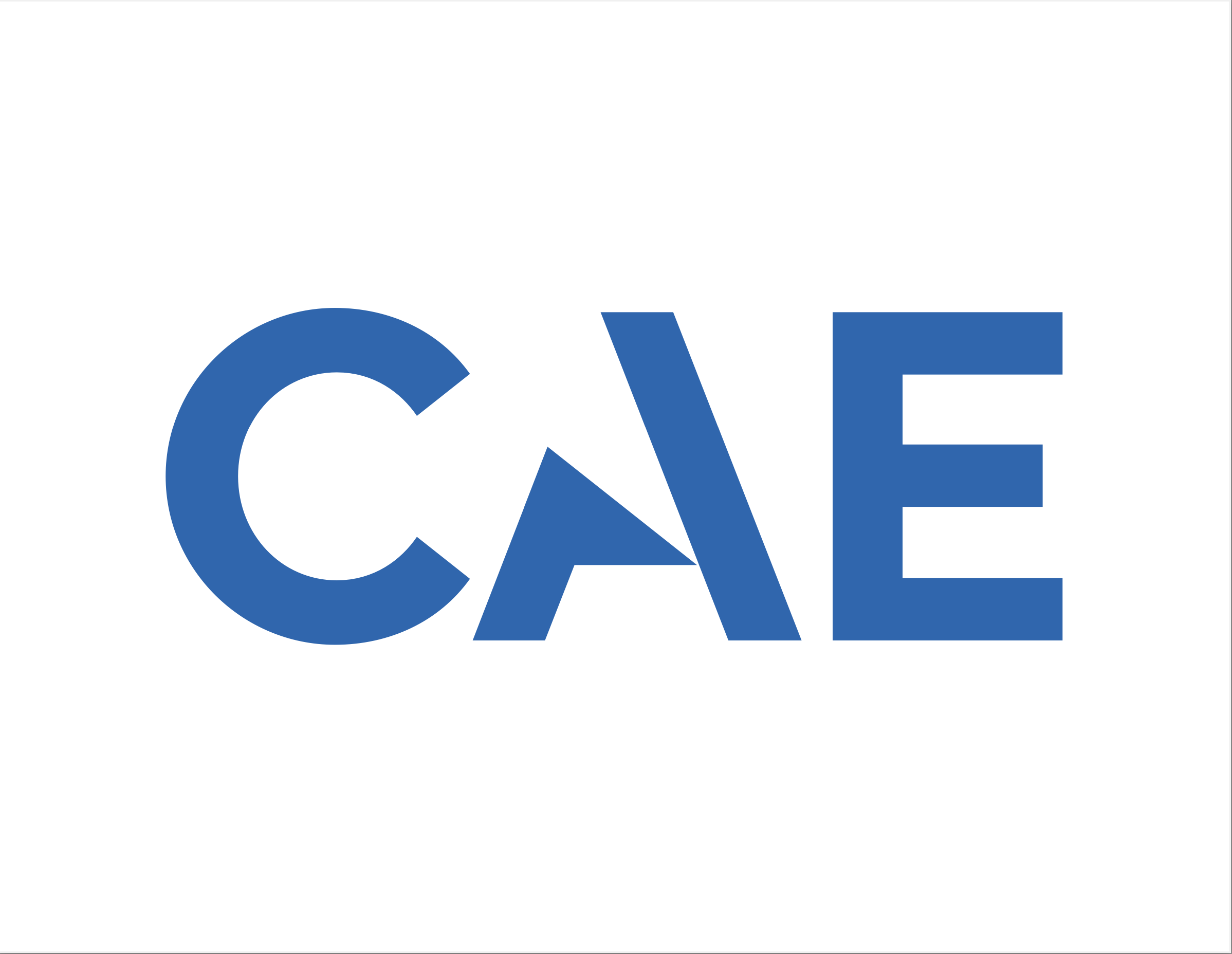
Advocating Emergency Medical Services
February 2024
Thank you, Representative Brittany Pettersen, for being the FIRST representative from Colorado to join the EMS Caucus
 We thank and congratulates US Representative from Colorado Brittany Petersen for joining the Congressional EMS Caucus! Congressional support for emergency medical and trauma care at the federal level is needed now more than ever. Our seven other representatives should Representative Petersen by joining the EMS Caucus.
We thank and congratulates US Representative from Colorado Brittany Petersen for joining the Congressional EMS Caucus! Congressional support for emergency medical and trauma care at the federal level is needed now more than ever. Our seven other representatives should Representative Petersen by joining the EMS Caucus.
A robust Congressional EMS Caucus will bring a more disciplined focus on legislative issues and form a more collective and cohesive bipartisan message on EMS issues to support EMS providers nationwide. The U.S. House of Representatives Congressional EMS Caucus will help promote, educate, and increase awareness around the federal policy issues impacting EMS and serve as a resource for policy questions.
EMSAC has asked our Colorado Congressional delegation to support this federal EMS Legislation
 S.1115 and EMS Counts Act by Senator Casey (D-PA) and Representative Susan Wild (D-PA-7)
S.1115 and EMS Counts Act by Senator Casey (D-PA) and Representative Susan Wild (D-PA-7)
The EMS Counts Act of 2023 will address the chronic miscounting of EMS personnel by allowing firefighters to identify themselves as cross-trained EMS clinicians. The bill would require the Secretary of Labor to revise the Standard Occupational Classification System by dividing the general occupational category of Firefighter into four sub-categories. Specifically, the bill directs the Bureau of Labor Statistics (BLS) to revise the broad description under the occupational series “33-2011 16 Firefighters” of the 2018 Standard Occupational Classification System of BLS to include the following new occupations: (1) Firefighters. (2) Firefighter/EMTs. (3) Firefighter/Paramedics. (4) Firefighters, All Other.
The BLS collects data and releases a monthly jobs report, which includes job creation and loss information. Unfortunately, the Department of Labor’s current classification system does not accurately classify firefighters who are cross-trained as a paramedic or EMT. Given that at least 62% of all fire departments provide EMS, this failure to recognize cross-trained fire and EMS personnel leads to a significant and chronic undercount of EMS personnel.
The BLS estimated that roughly 248,000 paramedics and EMTs serve in the U.S. whereas the true number of EMS personnel is over 1 million, according to the 2020 National EMS Assessment. Implementing the correct classification will enable the U.S. to track gaps in emergency medical services and meet the emergency healthcare needs of communities, including planning for daily needs and major disasters and public health emergencies.
Senate co-sponsors include three Republican senators, and House co-sponsors include 3 Democrats and 2 Republicans. None from Colorado!
S.1673/H.R.1666 Protect Access to Ground Ambulance Medical Services by Senator Cortez Masto (D-NV) and Representative Wenstrup (R-OH-2)
The Protecting Access to Ground Ambulance Medical Services Act, extends the current temporary increases under the Medicare ambulance fee schedule of 2% urban, 3% rural, and 22.3% super rural for another three years through December 31, 2027. Without the extension of these ground ambulance add-ons, many ambulance service organizations will not be able to continue serving their communities.
As part of the FY2023 Omnibus Appropriations Bill, Congress extended the add-on payments until December 31, 2024. We ask for an additional three years to allow the cost-collection data to be collected and analyzed to adopt a long-term solution to the chronic underfunding of the ambulance fee schedule.
Years of below-cost Medicare reimbursement have hampered ambulance services' efforts to hire new staff, update equipment, and continue to provide life-saving services in their communities. Ambulance services have closed or been forced to lengthen response times because of the stresses on their systems. Congress must extend and even increase the percentages of these additional payments to help preserve access to critical 9-1-1 emergency and urgent interfacility ground ambulance services.
Co-sponsors include 3 Democrats, 3 Republicans, and 1 Independent in the Senate, and 15 Democrats and 16 Republicans in the House. None from Colorado!
S.3236 Emergency Medical Services Reimbursement for On-Scene Care and Support Act by Senators Welch (D-VT)
The Emergency Medical Services Reimbursement for On-Scene Care and Support Act reimburses ambulance services and suppliers regardless of whether the provider or supplier transports the individual at a reimbursement comparable to the transport reimbursement minus mileage charges.
The national average Medicare fee schedule for basic life support emergency ambulance service is $447.56, and of this allowed amount, Medicare pays 80%. Based on this data, the average Medicare expenditure per ambulance treatment without transport claim is estimated at $358.05. Using this estimate, the number of ambulance treatments without transport claims that the $20 million expenditure represents is ~55,858 ambulance claims ($20 million ÷ $358.05). In simple terms, 55,858 Medicare beneficiaries were not seen by a hospital emergency department (ED) and instead were cared for by ambulance agency personnel. The estimated savings to Medicare derived from the 55,858 Medicare beneficiaries who were NOT seen in an ED was $38,542,020 (55,858 beneficiaries × $690/ED visit). A 193% cost-to-savings ratio.
It is estimated that 16.8 million EMS responses for Medicare beneficiaries in 2020 as potentially eligible for treatment in place without transport would prevent between 2.17 and 2.82 million ED visits by Medicare beneficiaries. This represents between $1.5 and $1.95 billion annual savings to Medicare. Please refer to the accompanying The Case for EMS Reimbursement for TIP and TAD by the National Association of EMTs fact sheet for more detailed information.
Federal Ground Ambulance and Patient Billing Advisory Committee Recommendations
The Ground Ambulance and Patient Billing Advisory Committee approved several recommendations to address surprise billing and improve the disclosure of charges for ground ambulance services. This committee was created as part of the No Surprises Act (P.L. 116-260). The advisory committee report including these recommendations are expected to be submitted to the Secretaries of Labor, Health and Human Services, Treasury, and Congress sometime during the first quarter of 2024. The committee voted to adopt the following recommendations:
- Designating ambulance services as an “essential health benefit."
- Including non-transport services such as Treatment in Place (TIP) as a covered benefit by all insurers.
- Recommending that rates be established in the following order: by states; local governments (including cities, counties, and districts); through negotiations with insurers; and finally federal legislation as a percentage of Medicare as a backstop if none of the other rates are present. The rates paid by carriers must also include payments for items not traditionally covered by Medicare, such as assessment and treatment on scene. The committee recommended that local rates should be established in a public setting (e.g., council/board meeting) and information on the established charges be provided to the states to include in a database of established rates.
- Requiring that the insurer pay or deny a claim within 30 days and that payment should be sent directly to the EMS provider instead of patients. This recommendation eliminates the issue where the patient receives the insurance payment and then forwards the payment to the EMS provider.
- Recommending minimum claim data elements to prevent delays in insurance companies’ decisions on ambulance payment and standardizing language on the ground ambulance bills to patients to highlight their responsibility in paying the bill.
- Directing hospitals and other healthcare facilities to share common patient demographic and insurance information with ambulance entities upon request.
- Recommending that cost-sharing be set at the lesser of 10% or $100 by the patient to protect patients from higher percentages in future insurance plans.
- Including recommendations to Congress to form a standing committee of stakeholders to discuss the addition of Community Paramedicine and ALS First Response to the list of covered EMS programs and to determine how to incorporate the increasing cost of medications, supplies, and equipment into future reimbursements.

Bill summaries were derived from the National Association of EMTs. For more information on any of these bills and the EMS Caucus please contact Ms. Kim Krenik at the National Association of EMTs, (202)365-8342.


